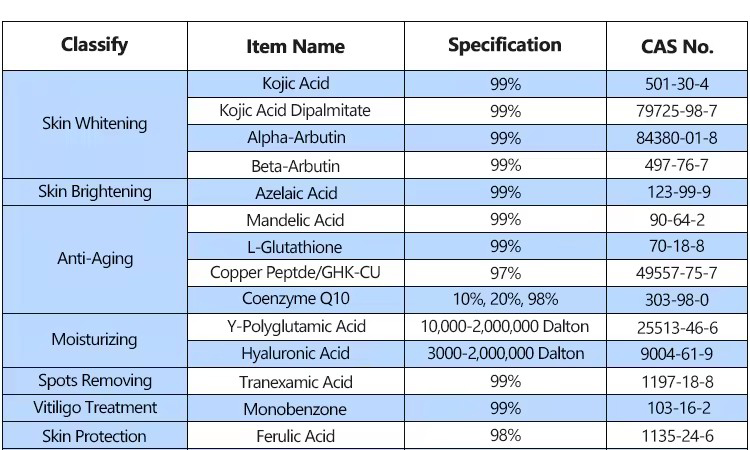Hydroxypinacolone Retinoate (HPR) is a newer form of retinoid that’s gaining popularity in skincare products due to its promising effects. Here are some pros and cons:
Pros of Hydroxypinacolone Retinoate (HPR):
Less Irritation: Hydroxypinacolone Retinoate (HPR) is touted to be less irritating compared to traditional retinoids like retinol or tretinoin. This makes it suitable for individuals with sensitive skin who may not tolerate other forms of retinoids well.
Stable Formulation: Unlike some traditional retinoids that can degrade when exposed to light or air, Hydroxypinacolone Retinoate (HPR) tends to be more stable, ensuring its potency is retained for longer periods.
Effective: Studies suggest that Hydroxypinacolone Retinoate (HPR) can be as effective as other forms of retinoids in promoting collagen production, reducing fine lines and wrinkles, and improving skin texture and tone.

Versatility: Hydroxypinacolone Retinoate (HPR) can be used in various skincare formulations, including serums, creams, and oils, making it accessible to a wide range of consumers.
Cons of Hydroxypinacolone Retinoate (HPR):
Limited Research: While there is promising research on HPR’s efficacy, it’s still relatively new compared to other forms of retinoids. More studies are needed to fully understand its long-term effects and benefits.
Cost: Skincare products containing Hydroxypinacolone Retinoate (HPR) may be more expensive than those with traditional retinoids due to the novelty of the ingredient and the formulation process required to stabilize it.
Potential Sensitivity: While Hydroxypinacolone Retinoate (HPR) is generally considered less irritating, some individuals may still experience sensitivity or adverse reactions, especially if they have highly reactive skin or if the concentration of Hydroxypinacolone Retinoate (HPR) in the product is too high for their skin type.

Regulatory Approval: Depending on where you live, certain regulations may restrict the use or availability of HPR in skincare products. Always check with local regulations and consult with a dermatologist before using products containing Hydroxypinacolone Retinoate (HPR), especially if you have any underlying skin conditions or concerns.
In conclusion, Hydroxypinacolone Retinoate (HPR) offers several potential benefits in skincare, including effectiveness and reduced irritation, but it’s essential to weigh these against potential drawbacks such as limited research and cost. As with any skincare ingredient, it’s advisable to patch-test and consult with a dermatologist before incorporating it into your routine, especially if you have sensitive skin or existing skin conditions.
